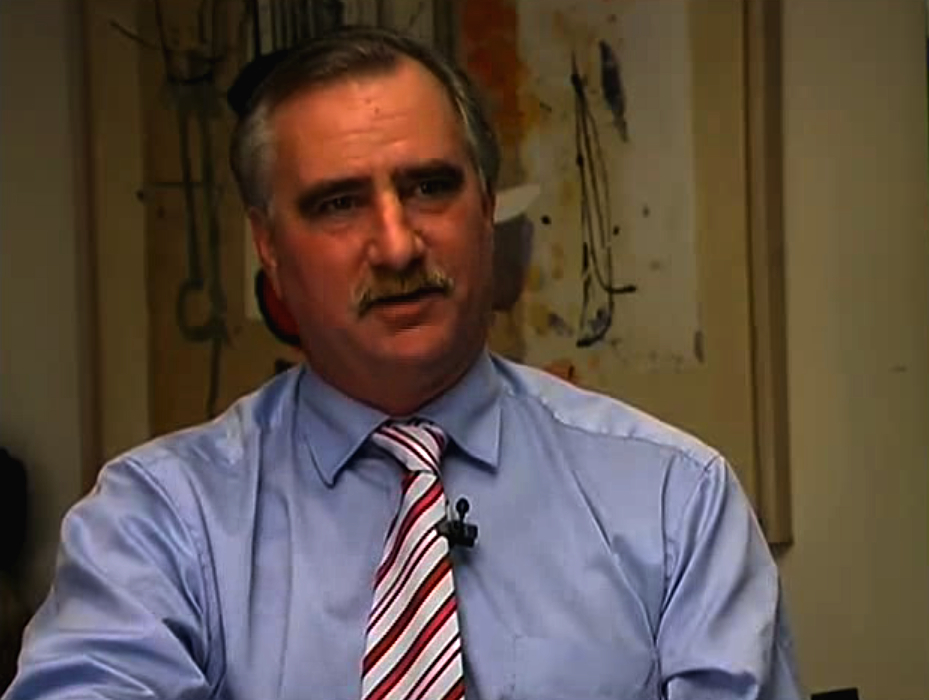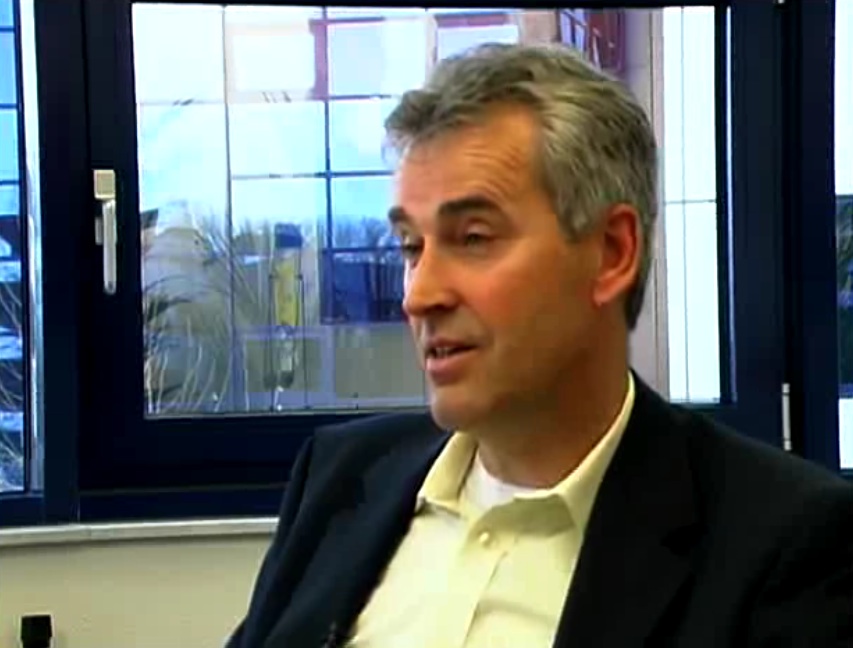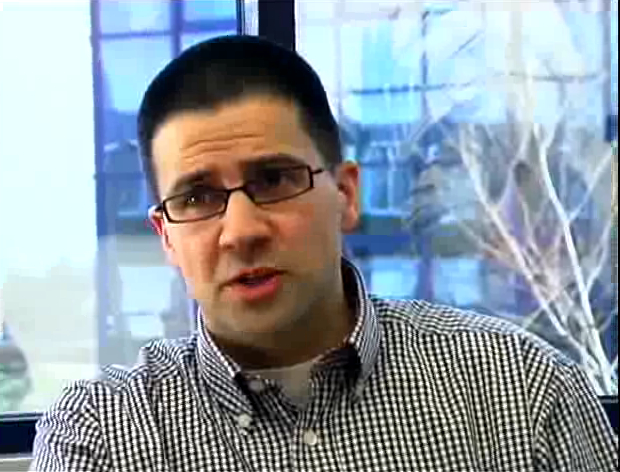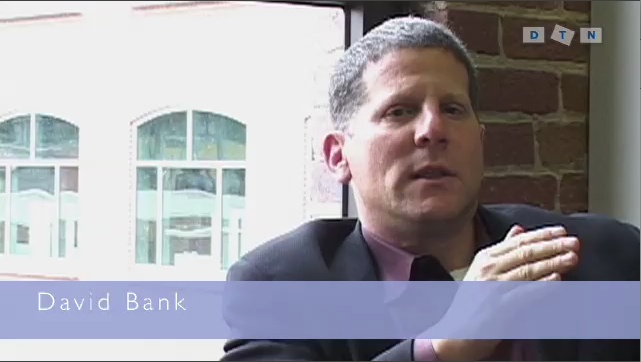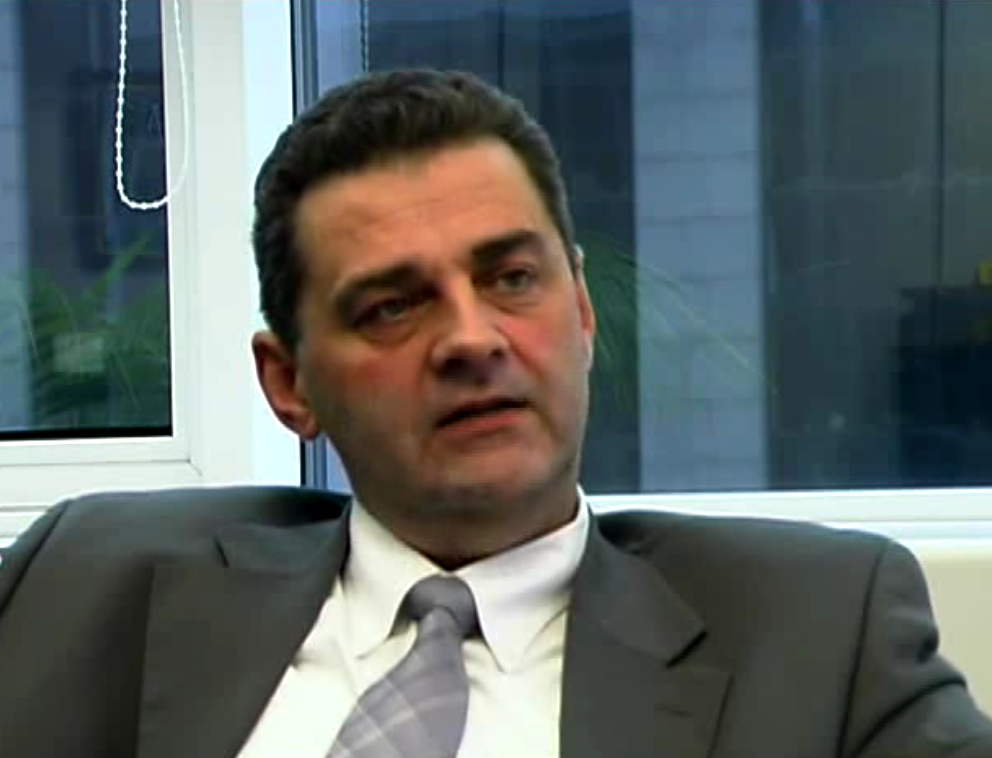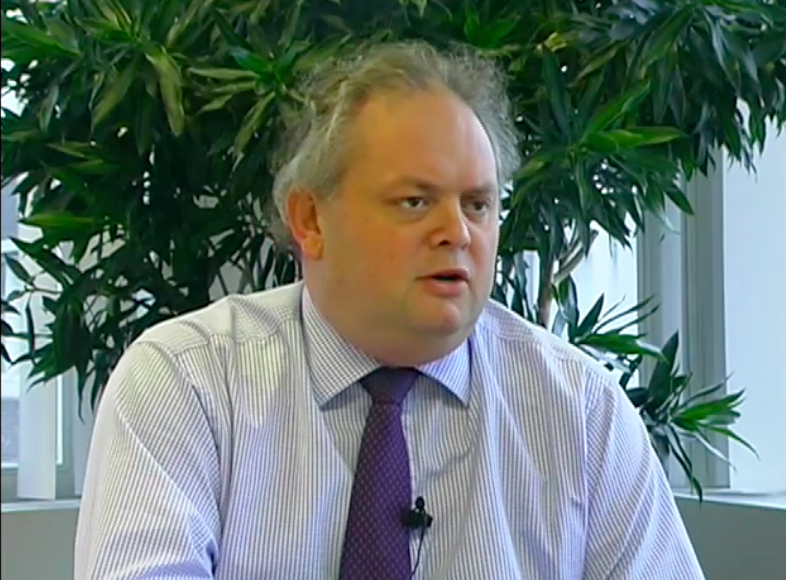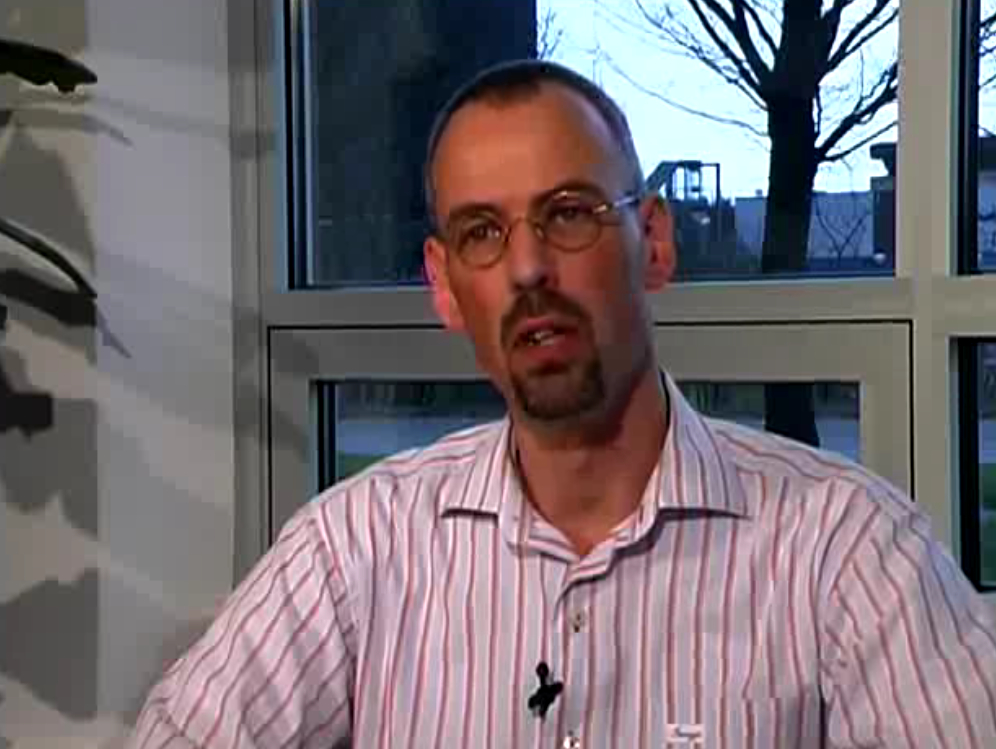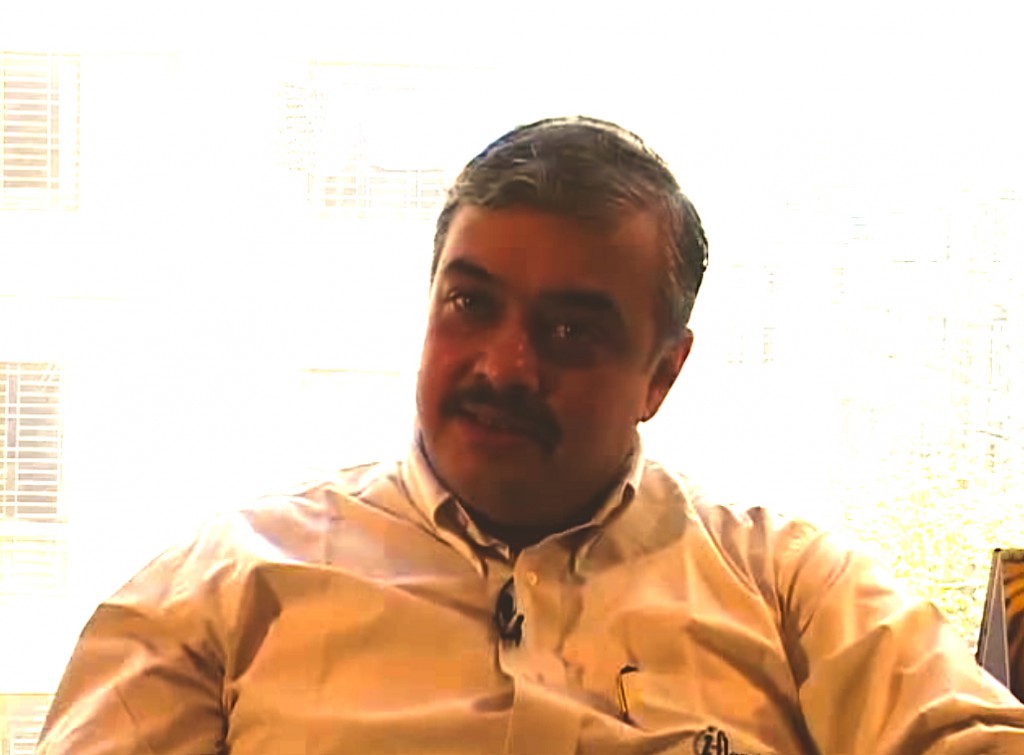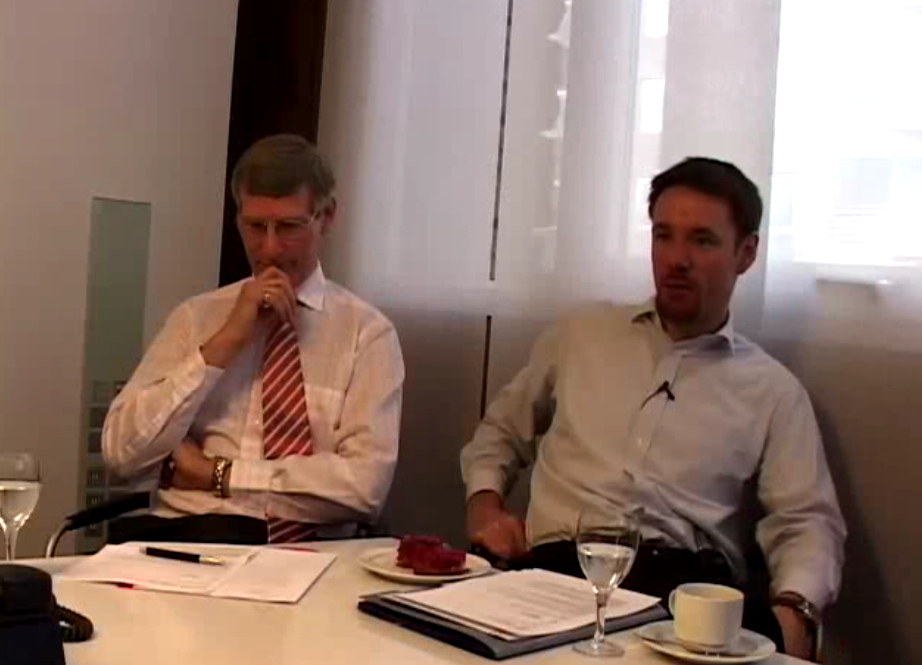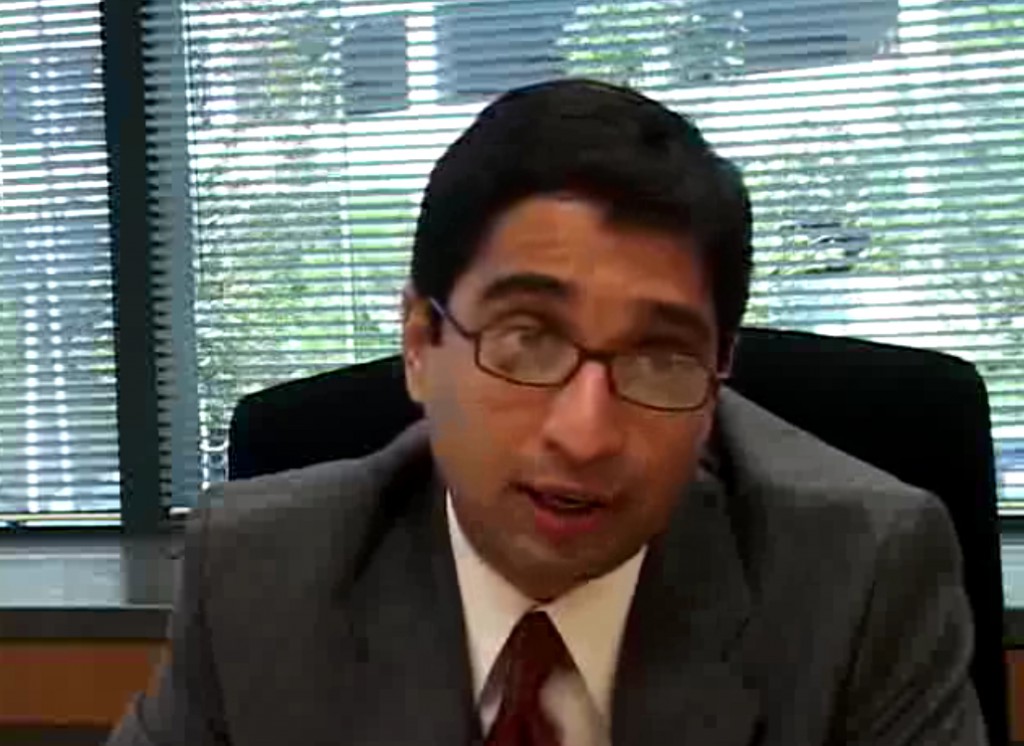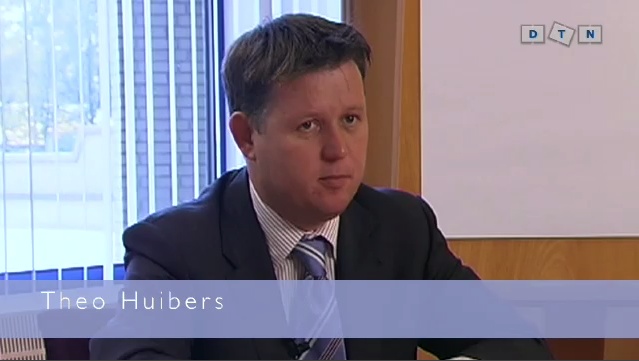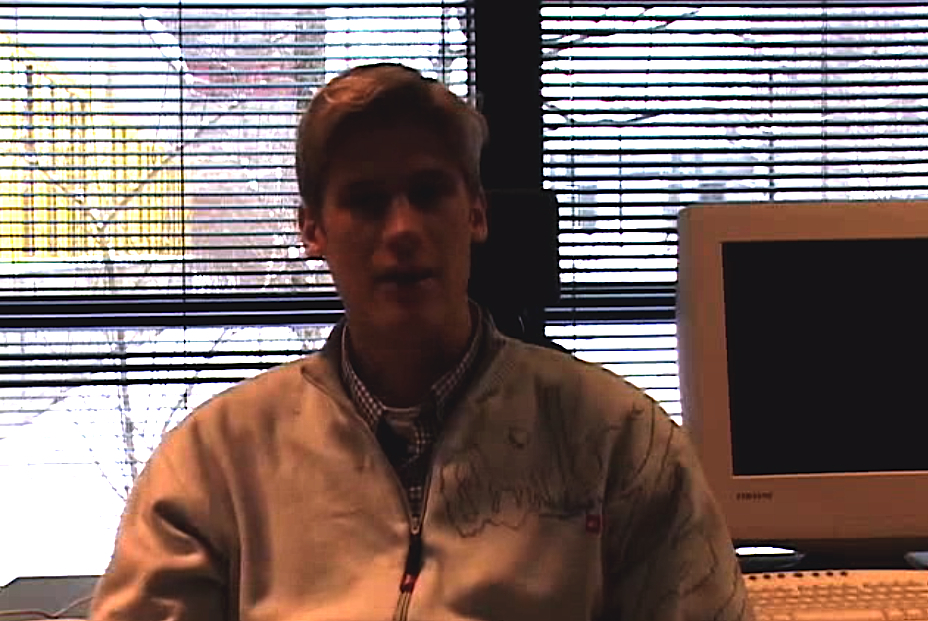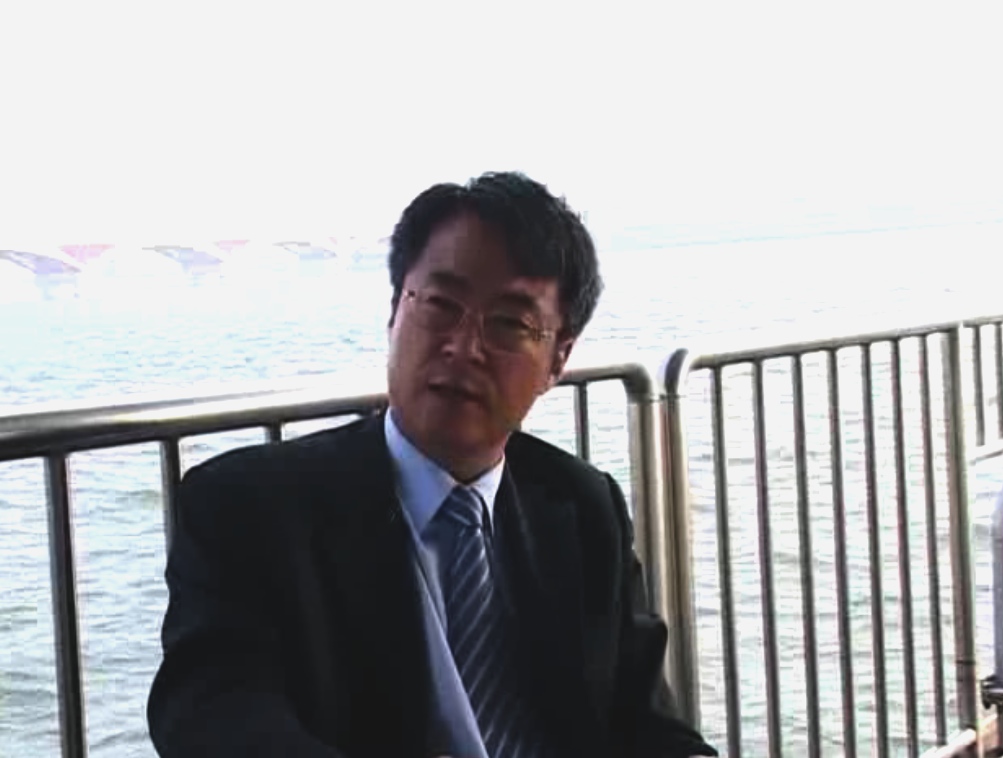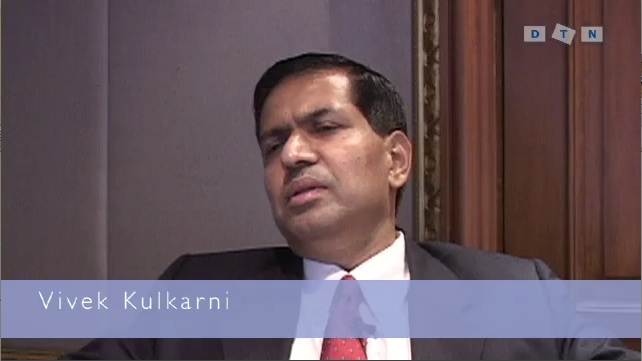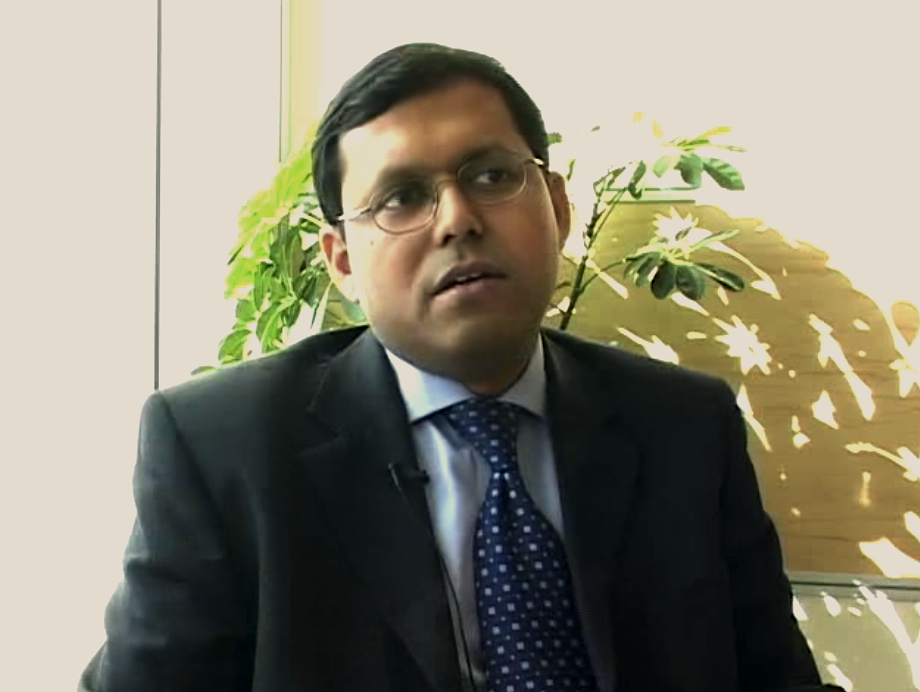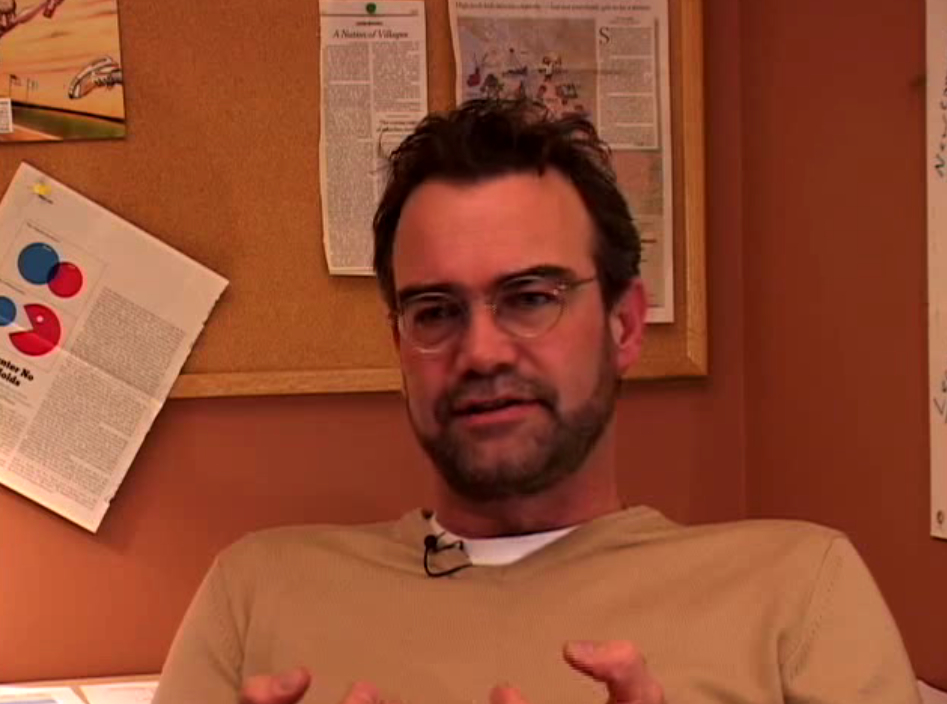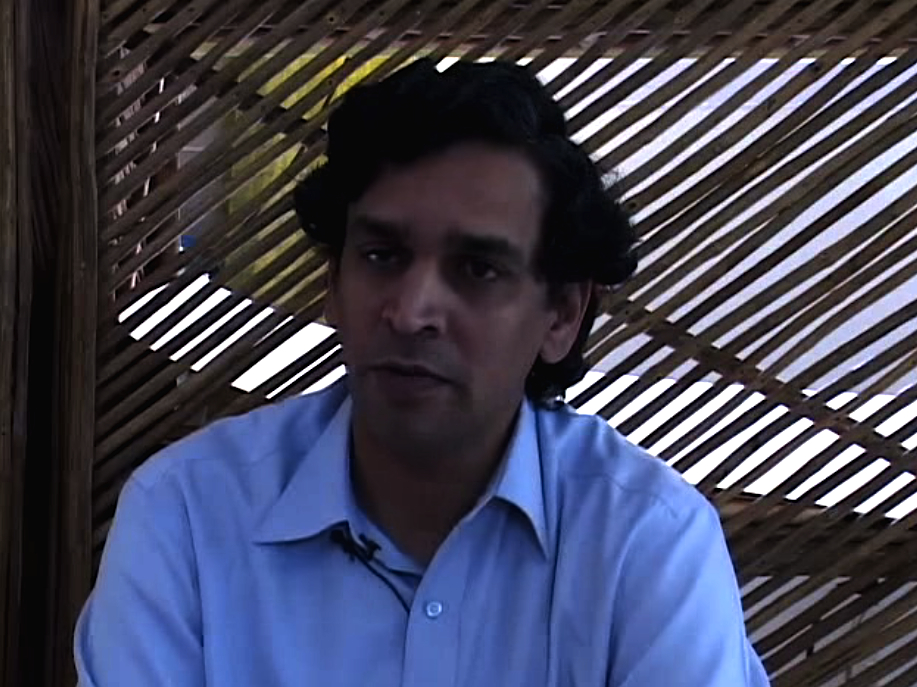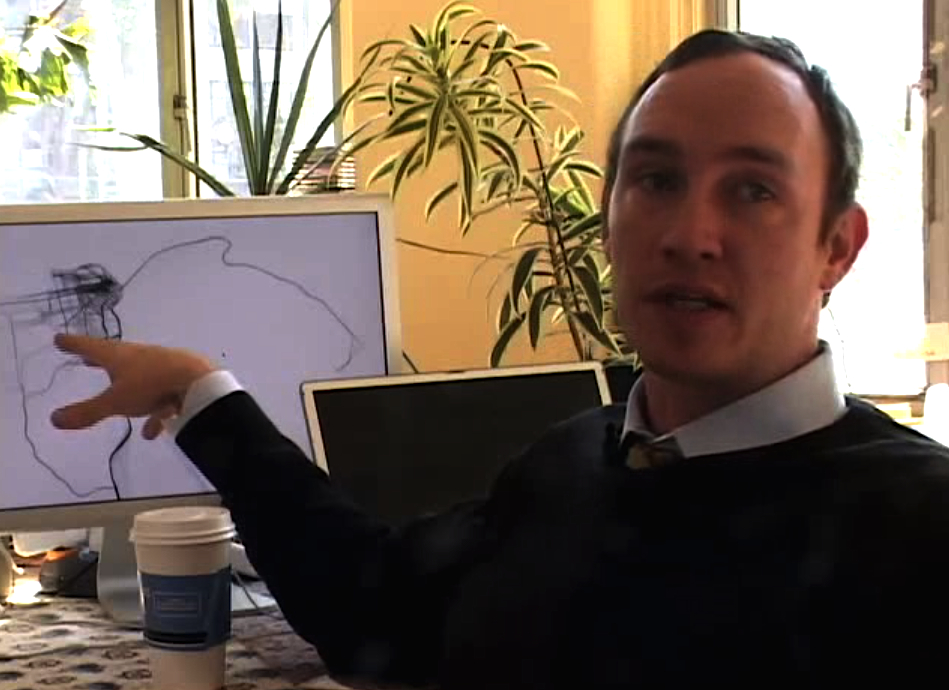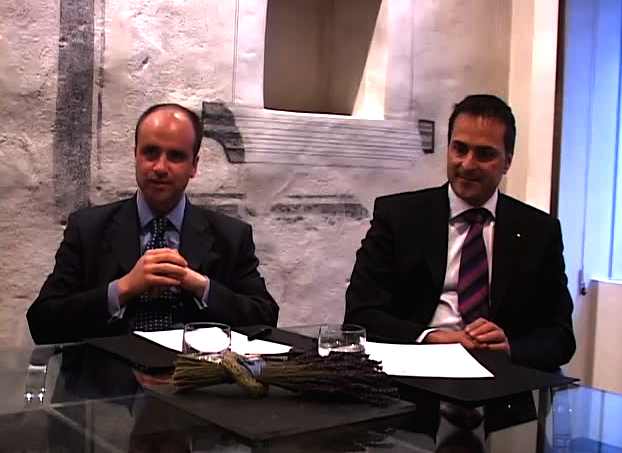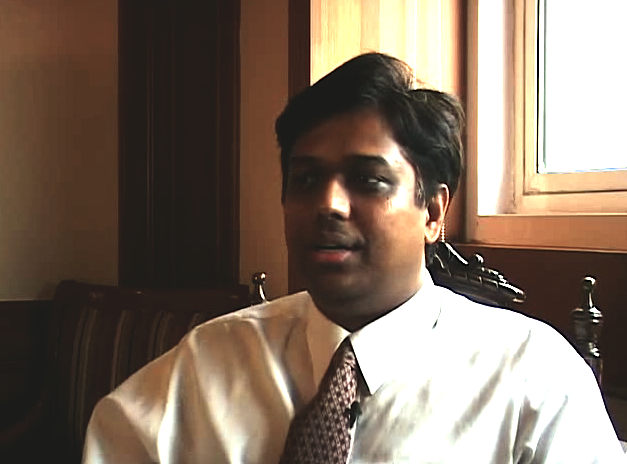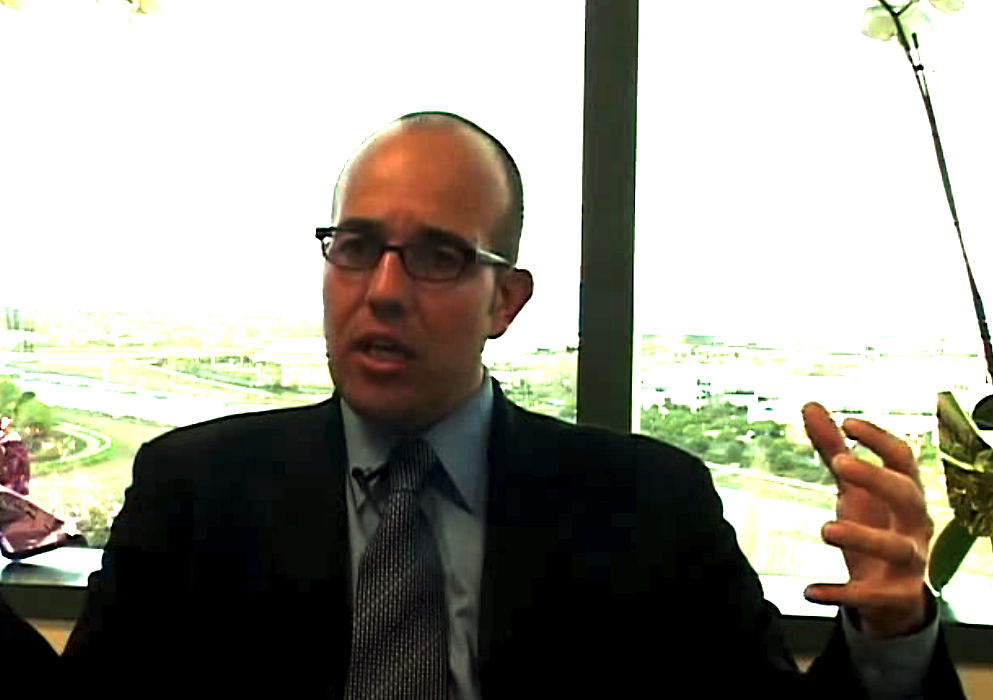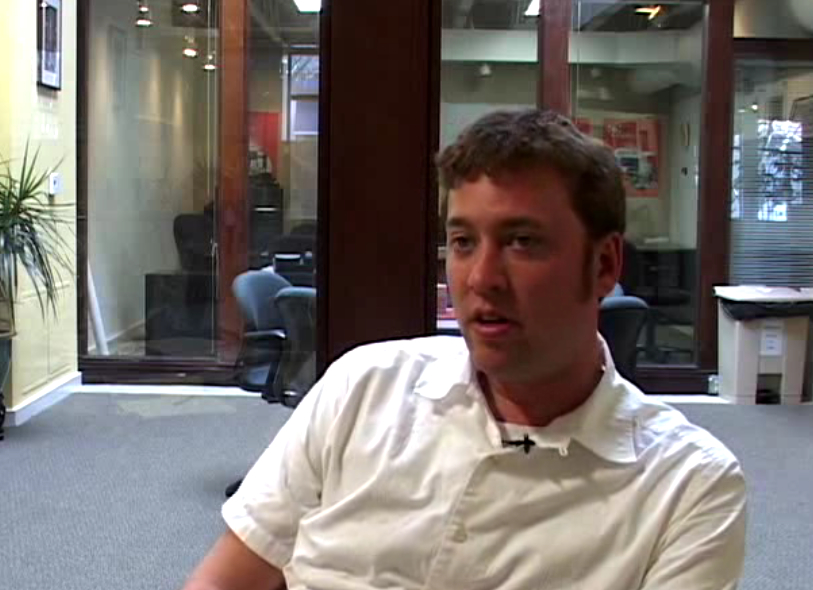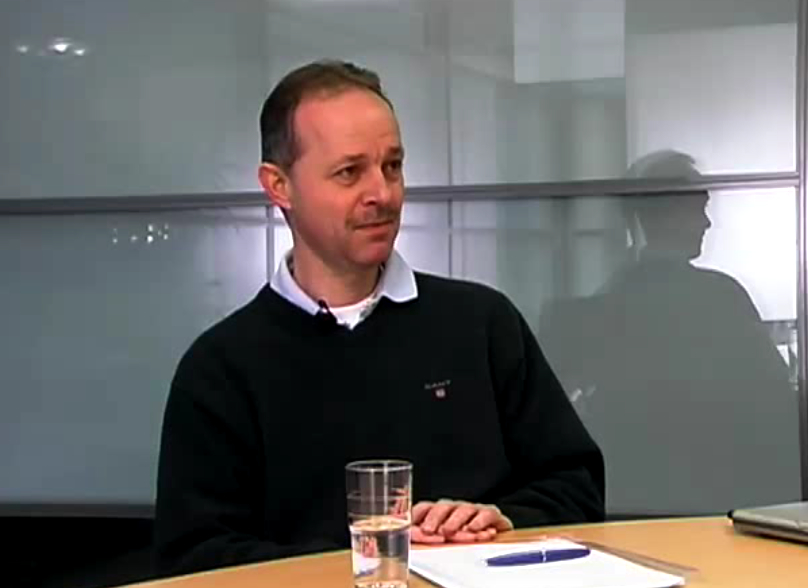Interview list of Financial Services experts
Ton van Asseldonk, – Founder of TVA developments
In this interview Ton van Asseldonk argues that ICT in banking is mainly used for doing the same in less time: for cutting costs. In his opinion ICT should focus on the many new possibilities for entirely new services that it could offer. The notion that packages could do anything for the relation with costumers is daft in his eyes. They might be necessary, but it makes costumer relations more complex, not less. Related to this is the complexity on the market and how banks have to respond to that, if they don’t want to loose their business.
________________________________________________________________________________________________________________________________________
Henk Badoux, – SAP Director Banking Solution CRM
Richard Dingemans, – SAP Business Consultant
According to Henk Bacoux and Richard Dingemans, banks are not short on information. So the challenge is not how to get information, but how to utilise it to serve the costumers in the best possible way. Using standard solutions is the key in using information, not in the least because it allows room to focus on relationships.
Standard solutions is not the same as giant closed systems. SAP recognises that openness towards third party solutions is part of this development.
________________________________________________________________________________________________________________________________________
David Bank, – Senior Vice President of Civic Ventures, U.S.A. (2005)
“People think that [knowing] who are valuable as consumers is [carved] in stone, while it was really just an historical accident almost.” TV advertising mainly targets a certain age group of about 19 to 45 years. The market, however, is not based on age, as David Bank explains; but on generations. The idea of the age groups is based on the time that the baby boomers were of that age. This illustrates the influence of the boomer generation on developments in society.
________________________________________________________________________________________________________________________________________
Eddy Bex, – CIO Fin-Force
Marketing, outsourcing and knowledge are the central themes in this interview. According to Eddy Bex, banks are behind in the global marketing game. An important issue that starts to arise in outsourcing is the loss of knowledge of existing systems. With the rapid changes we see now this can be a problem for both maintenance and innovation.
________________________________________________________________________________________________________________________________________
Michiel Boreel, – Director of strategy with Sogeti Netherlands
In this interview, Michiel Boreel mainly discusses the bottom-up processes and its influences on financial institutions in building trust and creating costumer advocacy. He also speaks about the problems and challenges facing ICT outsourcing and standardisation, and elaborates on pessimism versus optimism towards the role of ICT. At the end of the interview, he gives an insight into possible reactions to changing customer behavior and how to build consumer loyalty.
________________________________________________________________________________________________________________________________________
Natarajan Chandrasekaran, – Executive Vice President, TCS, India (2006)
Increase the use of global talent
“There is a lot of talent leakage.” In the opinion of Chandra Chandrasekaran, organizations function in such a way that talent is not fully used. Part of the solution is to leverage talent across the globe by means of sophisticated communication tools. With an increasing ‘talent gap”, this will happen in the near future.
________________________________________________________________________________________________________________________________________
Peter Cochrane, – Former CTO, British Telecom, U.K. (2005)
The best people bypass education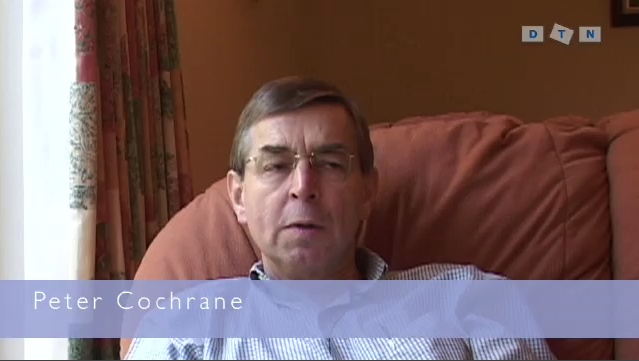
“If you suggested to someone that’s young to do a course on how to run a PC, they would laugh at you.” Young people are bypassing education, learning valuable skills in everyday life, Peter Cochrane observes. Worldwide, the best people in innovative fields got their skills from doing, not by learning them at school. Companies should take this into account when setting up their training programs.
_______________________________________________________________________________________________________________________________
Vic d’Alfonso, – Vice President, Patni Financial Services, India
Shift paradigms in career development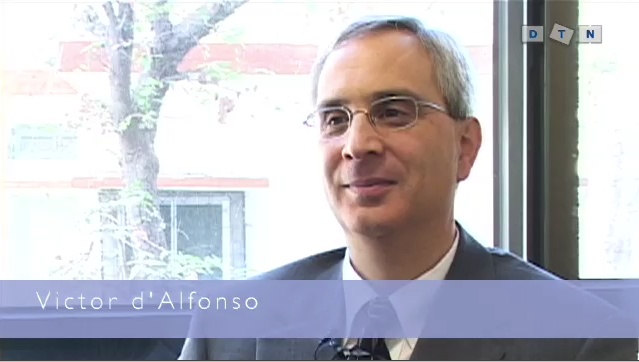
“The paradigm in career development changed”, explains Vic d’Alfonso. Before the Internet boom, it was a bad thing for your resume if you changed companies too often. This changed during the Internet boom: a lot of different experiences became positive indicators in a resume. This shifting paradigm will have a broader impact when those, who made their careers on top of this wave, are in charge.
________________________________________________________________________________________________________________________________________
Jack van Driel, – CTO IBM Digital Media
In this interview Jack van Driel elaborates on the history of IT processes. Legacy systems are not the result of mistakes, they came from good choices at that moment. He stresses the importance of being consumer minded and the importance of ICT in this.
________________________________________________________________________________________________________________________________________
Deepak Ghaisas, – CEO iFlex Organising
Behaviour is an important field of knowledge in the world of banking, according to Deepak Ghaisas. We need this knowledge if we want to innovate successfully, because people are both the source and the aim for innovation.
In the field of outsourcing, partnership rather than ownership has shown to be a successful strategy.
________________________________________________________________________________________________________________________________________
Christian Goeckenjan, – Vice President, Industry Solution Management
Richard Lowrie, – Director Banking Strategy
An important topic of this interview is Change. Change by disruptive technologies, change in attitude towards banking and how to prepare for change by atomic thinking. The interviews ends with the place of CRM and in particular SAP in this changing environment.
________________________________________________________________________________________________________________________________________
Ashwin Goyal, – Vice President Products Siebel Financial Services
Consumer mindedness is the central point of this interview. What a discerning costumer wants from a bank and how a bank can meet these demands. In this process, cost and complexity are getting out of hand. Reducing both is a top priority for ICT.
________________________________________________________________________________________________________________________________________
Eric van Heck, – Professor on the interface between business and IT at the Rotterdam School of Management
The interface between business and ICT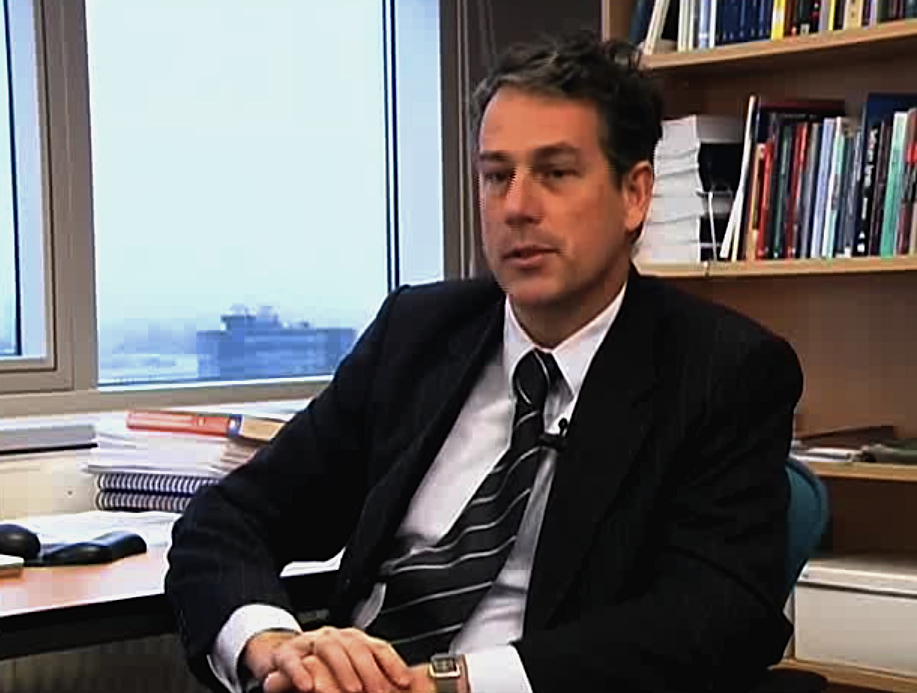
In this interview, Eric van Heck talks about the increasing complexity of products and services in ICT in banking. He elaborates on the role the active costumer plays in this complexity and how the Rabobank should react to that in terms of the development of ICT systems. In the second half of the interview he shares his ideas about the capabilities needed in this situation.
___________________________________________________________________________________________________________________________________________
Theo Huibers, – Director of KPMG Business Advisory Service, The Netherlands (2005)
“You can’t be best in class on all steps in the value chain.” Theo Huibers pleads for differentiation. A company that tries to be best in every part of the value chain gives itself a difficult time. In order to be convincing for the client, you have to be best-in-class in your part of the value chain. That is why it is better to choose a particular segment of the value chain on which to concentrate your efforts.
___________________________________________________________________________________________________________________________________________
Heikki Karjaluoto, – Professor in Electronic Commerce at the University of Oulu, Finland
In this interview, Heikki Karjlauoto stretches the importance of direct contact with costumers. In his opinion the personalisation of banking services should be improved. This means that different channels have to be available to consumers, because they don’t all want to use digital banking.
___________________________________________________________________________________________________________________________________________
Jongwan Kim, – General Manager Researcher with WOORI BANK in Korea
In Korea mobile banking is a widespread service that is offered by all the major banks, including WOORI BANK, the second largest bank in Korea. In this Interview, Jongwan Kim shares his ideas about the future of ICT in banking in general and the practice and (future) possibilities of mobile banking in particular. At the end of the interview he gives a demonstration of mobile banking with his own mobile telephone.
___________________________________________________________________________________________________________________________________________
Vivek Kulkarni, – Former IT Secretary of Bangalore, India (2006)
“Just 25% of Bangalore produces as many engineers as the entire country of Ireland.” There is enough talent in India, says Vivek Kulkarni. But there is enormous growth; so, companies have to work hard to attract the best talent. Talented people need challenge in their jobs. This is an important factor that is often not met by outsourcing companies in India. Thus, when hiring talent, it should be for high level work and not for simple tasks.
___________________________________________________________________________________________________________________________________________
Praveen Kumar,- Associate Vice President, Head Financial Services, Infocys UK
Praveen Kumar argues for development from the big picture. Decisions in a specific sector like ICT, on outsourcing for example, should be made from the point of view of the whole business. Only than will development be successful. The best way to do this without drowning in complexity is to modulate on the practical level.
___________________________________________________________________________________________________________________________________________
Jaron Lanier, Computer Scientist
Jaron Lanier relates three possible scenarios for the future of software development, and what he believes to be an inevitable end to the current development paradigm. He describes software as brittle-easy to break, hard to repair.
___________________________________________________________________________________________________________________________________________
Peter Leyden, – New Politics Institute Strategic Network Director & Fellow
In this interview, Peter Leyden speaks about many things: the rise of Asia, changes in the media and how lessons can be learned from that, emergent phenomena, baby boomers and millenials and their impact and many more topics.
He argues that there is too much capital and speaks about the effect of this on the world. The interview ends with a view on US politics.
___________________________________________________________________________________________________________________________________________
Krish Murali, – Trestle India
In an interesting visual manner Krish Murali Eswar outlines his view on the future of ICT in banking. In a highly structured way, he argues for a systematic approach and sketches advantages and disadvantages of different aspects of banking.
___________________________________________________________________________________________________________________________________________
Eric Rodenbeck, – Founder and Creative Director Stamen Design
Eric Rodenbeck specialises in data visualisation. Showing some examples he sketches an image of how visualisation makes the processing of data easier. However, visualisation has more to offer than just that. Rodenbeck shows us how visualisation can change the way we use data and the processes we use it for dramatically. It can change important processes like decision making in a major way.
___________________________________________________________________________________________________________________________________________
Ralph Schonenbach CEO
Severin Weiss Director Switzerland and India
Ralph Schonenbach and Severin Weiss give us insight into outsourcing to India, from the point of view of a major European sourcing party. They give a lively description of the enormous developments going on in India. They argue that outsourcing is not just shipping of the work to India. Communication is very important and the best way to make sure outsourcing is a success, is to build strong partnerships.
___________________________________________________________________________________________________________________________________________
Rajeev Srivastava, – CEO and Co-founder APAR
The development of India is a major subject of this interview. According to Rajeev Srivastava the advantage of outsourcing to India is still partly in the costs and will be for a while. But more advantage lays in taking part in the development of India. A way to do this is taking equity shares in relatively small but promising companies.
___________________________________________________________________________________________________________________________________________
Fred Studer, – Group Vice President Applications and Industry Marketing Oracle
Fred Studer, in this interview, outlines the Oracle marketing strategy. He tells us how Oracle will adjust to upcoming trends like costumer mindedness and open source with processes such as the flexibilisation of packages.
___________________________________________________________________________________________________________________________________________
Anthony Townsend, – Research Director Institute for the Future
In this very short interview the main theme that Anthony Townsend touches on is generation X, its problems, questions and opportunities. He further questions the necessity of banks in the future and sees the total integration of mobile phone and wallet in the not-to-distant future.
___________________________________________________________________________________________________________________________________________
Eddy Vermeire, – Ordina executive committee member and former CEO The Vision Web (the interview is in Dutch)
Eddy Vermeire discusses the importance of the clarity of a business model. What a bank looks like is based, for an important part on how it has developed. To base development on the function of the bank more than on its history, decisions should be made as if you where starting from scratch, reacting on processes on the outside rather than on the inside.


